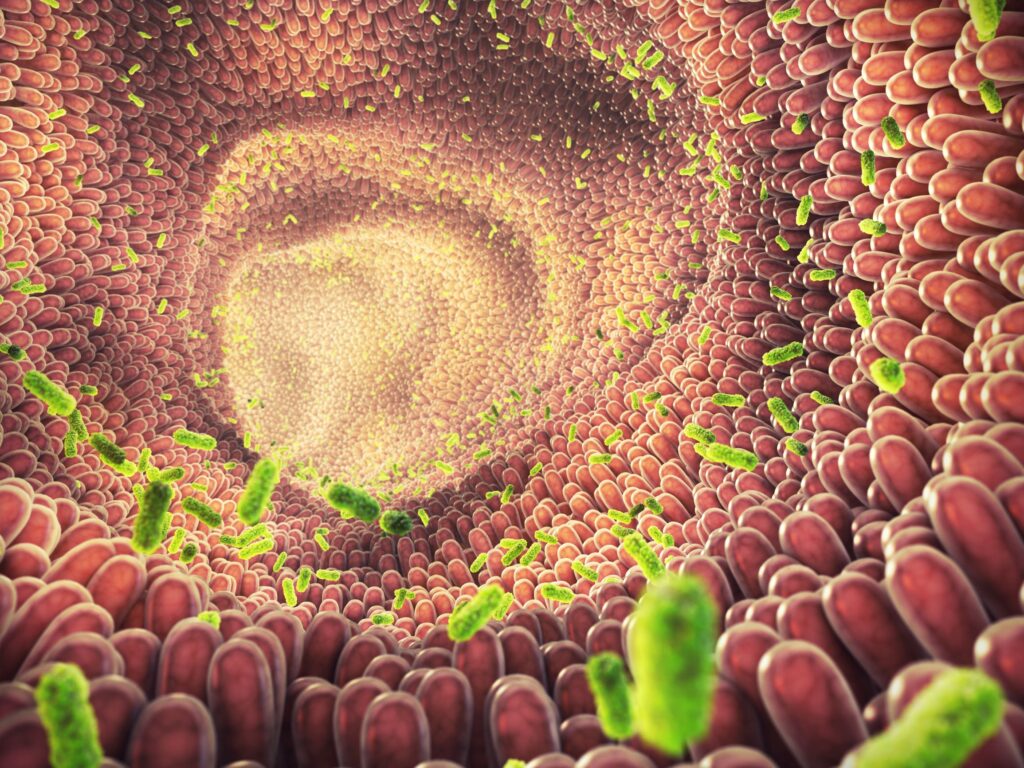A team of University of Oxford researchers have identified potential pathways by which cancer treatment can cause colitis.

Checkpoint inhibitors (CPIs) are a type of cancer treatment that help the immune system fight cancer by removing some of its restraints. However, these treatments often cause debilitating side effects, including inflammation of the colon, called colitis.
In this study, published in Cancer Cell, researchers in the MRC Translational Immune Discovery Unit used single cell and spatial analysis methods to paint a detailed picture of how these beneficial cancer therapies can sometimes lead to harmful side effects.
This information could help to develop new ways to prevent and treat the side effects, without reducing the drugs’ cancer-fighting capabilities.
The study, supported by the NIHR Oxford Biomedical Research Centre (BRC), examined the behaviour and characteristics of T cells, a type of immune cell, in the colons of patients treated with CPIs.
The researchers analysed both where the T cells were found within tissues and which genes were being expressed in the cells. They found that certain T cells in the gut still carried the CPI drug many weeks after it had been administered.
These T cells behaved differently to other T cells and were found in distinct areas of the colon, suggesting that the CPI drugs modified their behaviour and possibly contributed to the development of colitis.
By mapping out where these T cells are located and how they interact with other cells, this study identified potential pathways through which CPIs cause colitis.
This both improved understanding of the effect of the drug at the cellular level and provided a map of the inflammatory processes in the gut, including how drug-induced inflammation compares to other related conditions like inflammatory bowel disease.
Agne Antanaviciute, one of the authors, said: “This work provides a foundation for developing strategies to mitigate these effects, improving patient care, while continuing effective cancer treatment.”